The real estate landscape is undergoing a massive transformation. From energy-efficient designs to AI-powered automation, smart homes are no longer a futuristic concept — they are today’s reality. With the rapid integration of the Internet of Things (IoT), artificial intelligence, and green technologies, smart homes in 2025 are setting new benchmarks for comfort, security, and sustainability.
1. What Defines a Smart Home?
A smart home is designed to make daily living effortless and efficient through automation and connectivity. Devices such as smart thermostats, lighting systems, voice-controlled assistants, and security cameras can be remotely managed via smartphone or AI platforms.
Key features include:
- Smart Lighting & Climate Control – Adjust temperature and lighting automatically based on occupancy or time of day.
- Voice Assistants – Control appliances using simple voice commands.
- Energy Monitoring Systems – Track energy usage and reduce wastage.
- Integrated Security Systems – Real-time alerts, biometric locks, and AI-powered surveillance.
2. The Rise of IoT in Real Estate
IoT has become the backbone of modern housing. Builders are now incorporating IoT-enabled systems right at the design stage. This integration enhances energy efficiency and ensures smoother maintenance.
For instance:
- Smart sensors detect leaks or electrical faults before they become major issues.
- Motion sensors and AI cameras offer 24/7 home protection.
- Automated systems improve resource management, reducing monthly expenses.
3. Sustainability Meets Smart Living
With environmental awareness rising, smart homes are also contributing to eco-friendly lifestyles. Solar-powered panels, water recycling systems, and automated energy-saving mechanisms have become essential selling points.
Some futuristic smart home technologies include:
- Smart Grids to balance electricity demand and supply.
- AI Energy Analytics to reduce energy bills by up to 30%.
- Rainwater Harvesting Automation for sustainable water management.
4. Smart Homes & Real Estate Value
According to global real estate trends, smart homes tend to have a 15–20% higher resale value compared to traditional properties. Buyers see them as future-ready investments offering convenience, lower utility bills, and increased safety.
5. The Future of Smart Living
By 2030, most urban housing projects in India are expected to integrate full-fledged smart ecosystems. Developers are collaborating with tech companies like Google Home, Amazon Alexa, and Philips Hue to create seamless living environments.
Conclusion
Smart homes are redefining real estate by merging technology, comfort, and sustainability. Whether you are a buyer looking for futuristic living or an investor seeking high-value appreciation, smart homes are the way forward.

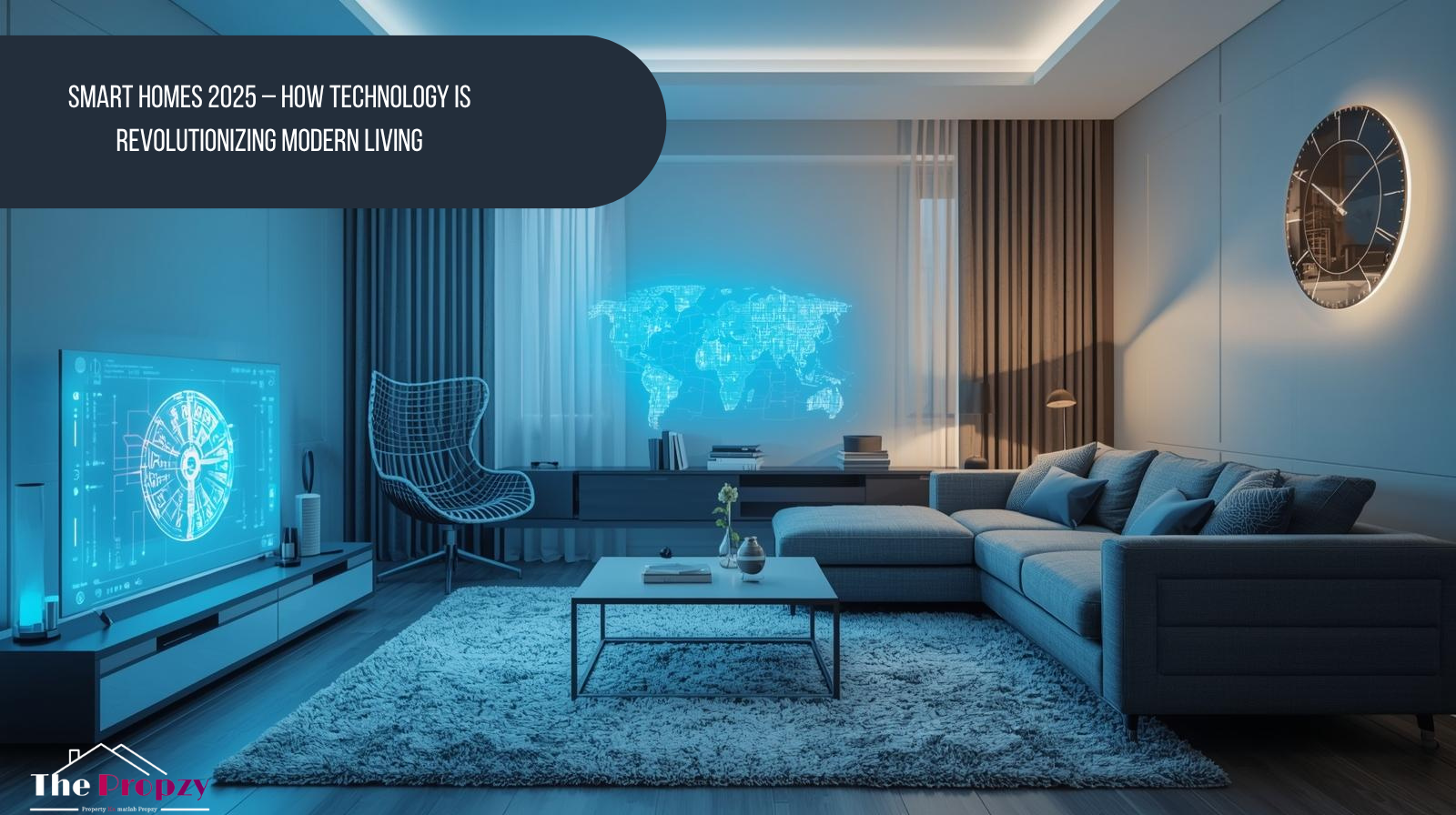
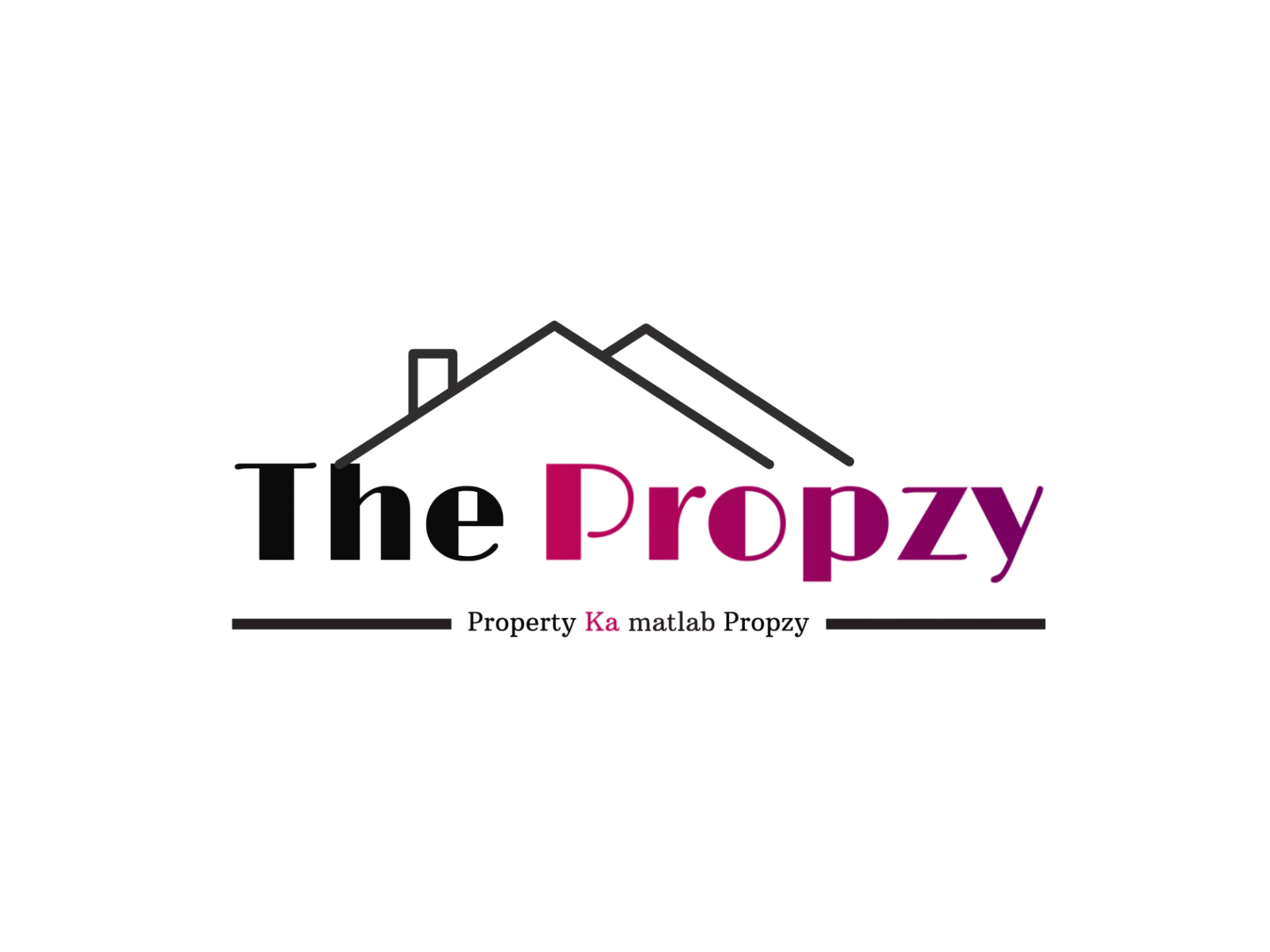
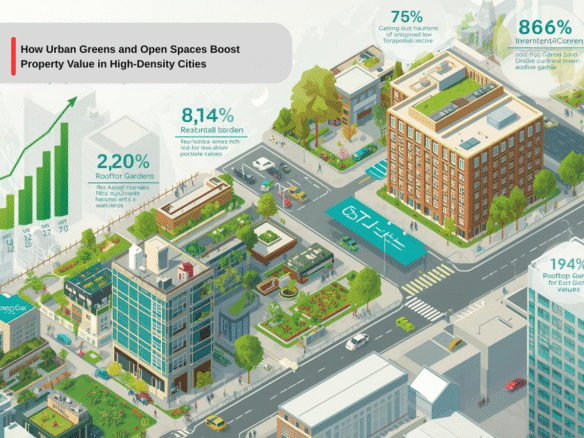
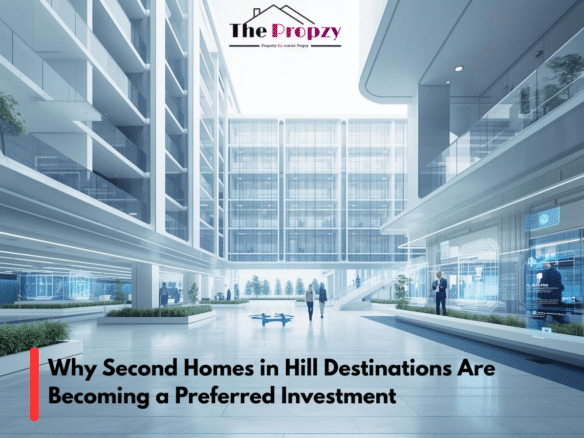
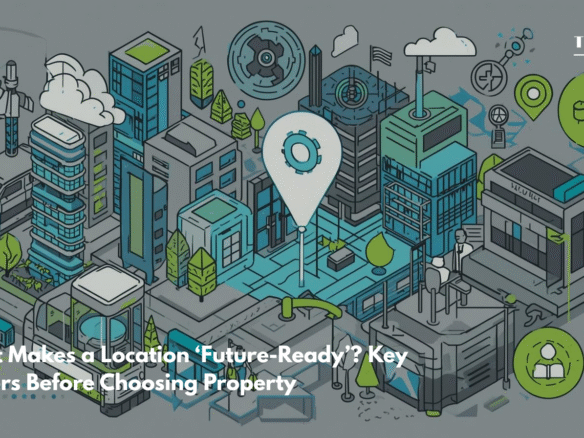
Join The Discussion